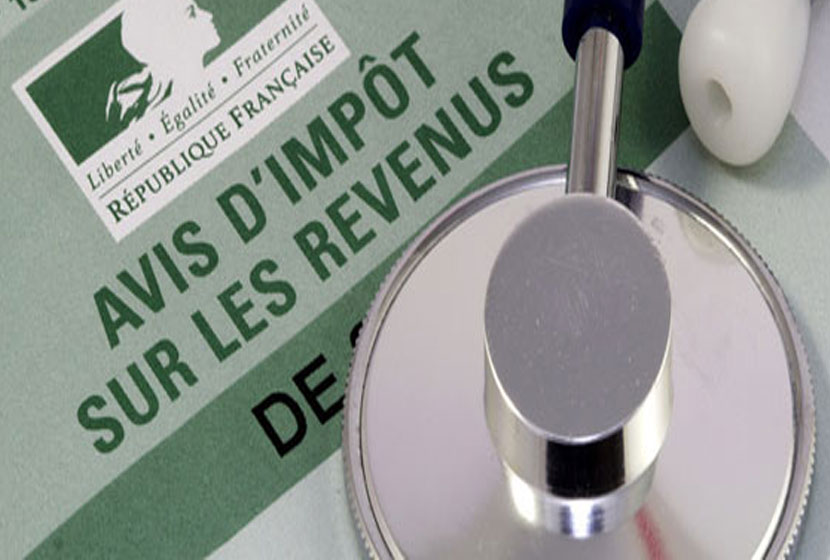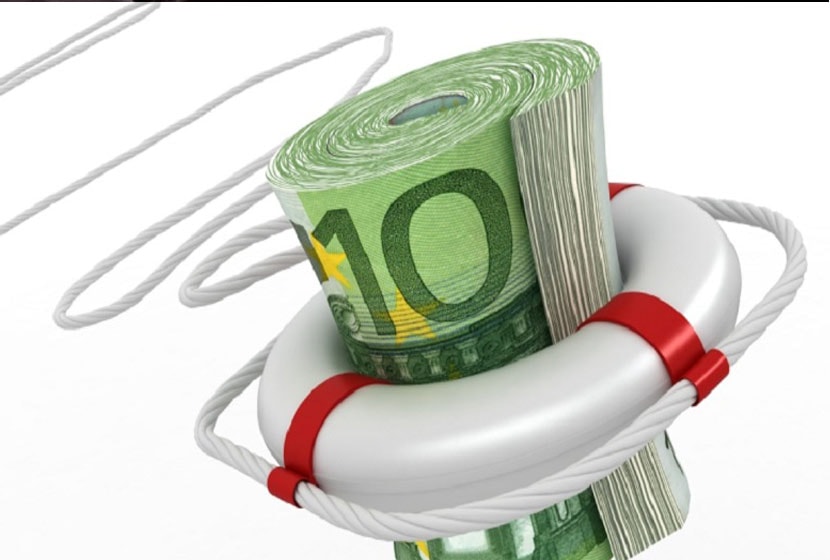This article by Marc Albert CHAIGNEAU, whose latest essay "De la révolution à l'inversion", currently being published (Editions Edilivre January 2014), is devoted to a reform of society. "De la révolution à l'inversion" proposes a new mode of reform of society, preferable to revolution in that it requires no violence, no destruction, only the inversion of a certain number of our behaviors to transform society. He thus gives us the keys to the implementation of a true democracy: direct democracy, which many had dreamed of, but which they had renounced, believing it impossible to implement. Reverse behaviours, to reverse reasoning and analysis, to open new paths for our societies in crisis, to open up new opportunities in the Arab spring.
He thus gives us the keys to the implementation of a true democracy: direct democracy, which many had dreamed of, but which they had renounced, believing it impossible to implement. Reverse behaviours, to reverse reasoning and analysis, to open new paths for our societies in crisis, to open up new opportunities in the Arab spring.
Marc Albert CHAIGNEAU was a corporate counsel and business lawyer, then legal manager for 35 years. This experience has led him to meticulously analyze the society in which we live.
The candidate for president of the republic, elected since then, and his prime minister, promise a tax reform.
The message is pretty much like the ones about the Loch Ness monster. We've heard a lot about it, a long time ago, nobody's ever seen it. Of course we're going to start with consultations, a report or reports that will join the others in the cupboards, and then we'll end up with a burial in the care of an ad hoc committee, with great pomp and circumstance.
The request for a tax review is unanimous. It is clear that each of those requesting it intends to find some advantage in it, which can only ever be granted to the detriment of another category which will ask for compensation and so on. The whole being arbitrated by the Ministry of Finance which, defending its own interests and those of its caste, will not fail to turn it into a new gas factory developing the superstructures of Kafkaesque systems of which it has the secret.
We all know that these methods will not do any good, if they work at all.
Wouldn't it be time to try a different method?
Rather than looking for "tax" systems that increasingly resemble racketeering, from which everyone and even those who benefit most from them agree that it is both unfair and inefficient to implement a real contribution system? Consisting not in always seeking one's own advantage and making others pay, but in what each person contributes, by exercising choices, if not his free will, his participation in the burdens of the community.
The idea is not new, it even comes from a principle with a fairly common name: democracy. The adjective should only be changed from "parliamentary" to "direct", shorter, more frank, clearer. The basic principle is that everyone can, within certain limits, choose the forms and modalities of his or her contribution. That instead of having his or her office imposed on him or her by persons who are not subject to it, only taxpayers can participate in its definition, distribution and regulation. This is the case for each category. Only property owners subject to tax could vote a property contribution, motorists, vehicle and traffic taxes, ...
That's impossible, it would be much too complicated! exclaims, with cries of orphans, politicians and members of the Ministry of Finance. But it's not true. Nothing will ever be able to match the complexity of the current system. Neither will its injustice, each person accepting it only because he or she feels it is even more unfair to others than to himself or herself, or because he or she derives some benefit from the system, or even because he or she knows how to escape it.
Taxation would account for 46 % of national wealth. Knowing that this includes "illegal work" estimated at a few billion and especially "government output", the value of which is growing rapidly, as fast as the degradation of public services, one may wonder about the real percentage of government levies.
The amount of these levies is one problem, the use made of public funds is another. It is clear that our governments put the emphasis on social spending, education, the police, justice and the army, all of which are essential to the proper functioning of our societies.
They are often overlooked, except when the most blatant abuses make the headlines, the tens of billions spent on to provide them with pasta lifestyles and surroundings worthy of the famous Mexican army. He recalls a recent article about a community that, for economic reasons, had cut by $2 million of euros the subsidy to a HLM office, to increase its reception costs budget by the same amount. Personally I consider that my taxes should never be used to finance reception costs. It seems, having already submitted the idea, that I am not alone in this view.
How can we fundamentally reform taxation? How to avoid misappropriation and abuse? How to make taxation fair?
Going back to basics. Public services are clearly defined: health, education, police, justice, administration of the public domain. In each of these areas, a large part of the tasks do not require them to be entrusted to specialists, to "professional civil servants". They can therefore be entrusted to any citizen who has the necessary skills and prefers to carry them out, rather than having to pay part of the remuneration that only provides a living.
Certainly, others will prefer to be financially responsible rather than having to devote part of their time to public services. Monetary revenues will continue to be needed and choice is an expression of freedom. But for most modest people, those with incomes below the median, it is likely that they will prefer to give some of their time. This would have many advantages: better knowledge of public services, socialisation of marginalised people, better understanding of the people they are dealing with...
Such a reform, which could only begin to be put in place locally and not centrally, would certainly take a fairly long time to implement. It would present occasional difficulties of understanding and acceptance, but would be a first step towards direct democracy.
It would provide an escape from the current dilemma facing our government and ourselves. Virtually all taxpayers consider that taxation has gone beyond the limits of what is bearable. Governments, under the thumb of senior administration, particularly finance, can only save money by destroying the most useful part of public services in favour of the development of a multitude of useless administrative tasks. We have to get out of this and not rely on those who are pulling the strings of the present system to do so.
Of course, a reform that opposes the centralisation and concentration of power cannot win the support of those from whom it would be withdrawn. And we have had the unfortunate habit, since the old regime and more particularly Louis XIV, that everything is decided at the top of the pyramid and imposed on the people, whose sovereignty is only a theoretical "rattle". But that will not be possible.
To exercise this freedom of choice will require the mobilization of each and every one of us. Saying no is easy, proposing a solution is less so, assuming responsibility for its implementation is and will be difficult.
It seems to me that the terms of the choice can be characterized as follows: Painful or Difficult!
For lack of a choice, it seems to me that it will be both at the same time.
Marc Albert CHAIGNEAU












